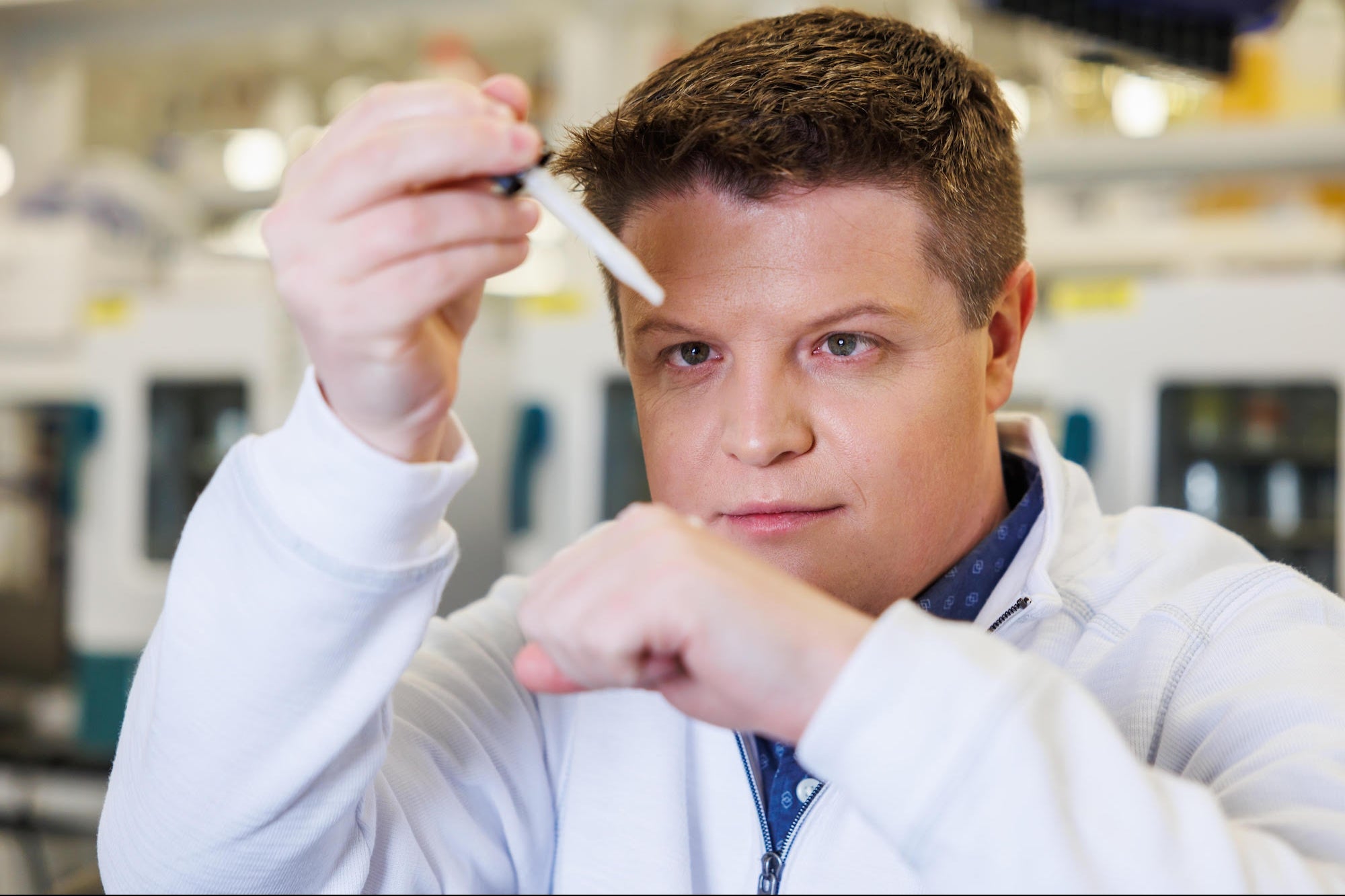Treasury's Tax Inversion Move: Which Deals Will Suffer? A look at how the government's crackdown on tax inversion deals could affect companies in the health and pharmaceutical industries.
By Catherine Boyle •

This story originally appeared on CNBC
The U.S. government has been promising a crackdown on tax inversion deals for months. Yet the measures announced Monday may not be enough of a disincentive for companies like Pfizer or AbbVie, which are tempted by the savings involved in snapping up smaller foreign rivals and re-domiciling themselves to avoid America's labyrinthine tax system.
The new rules, aimed at "when possible, stopping" inversion deals, according to the U.S. Treasury, hope to close a number of tax loopholes that make inversion deals possible.
Read more: Treasury takes actions to deter tax inversions
One element will stop companies using so-called hopscotch loans, which allow a redomiciled parent company to access earnings from its foreign subsidiaries in the U.S. without raising its tax bill.
Another would stop inverted companies from transferring cash or property from a "controlled foreign corporation" to their new parent company to avoid U.S. tax.
A further measure stops companies using special dividends and other one-off payments to make sure they come in under the threshold of 80 percent of the combined company, which is needed to make an inversion happen.
These new regulations are an example of efforts across the world to clamp down on companies redomiciling to avoid paying tax in their home country. The Organisation for Economic Co-operation and Development (OECD) announced plans to curb corporate tax avoidance last week.
Read more: Capital pains: Medtronic inversion ires investors
Yet questions remain over whether the measures will have the effect Treasury Secretary Jack Lew desires--making some already proposed deals "no longer make sense." Although the plunge in the share prices of AstraZeneca, Shire and Smith & Nephew--all potential or actual targets for tax inversion-related deals--in trading on Tuesday suggests some investors fear the deals may not go as planned.
So how likely are these big potential deals to be scuppered by the new rules?
Pfizer/AstraZeneca
Under British takeover rules, Pfizer cannot come back with a raised bid for AstraZeneca until Nov. 26. Its previous $118 billion bid was rejected, and it was the furor over this proposed deal that partly led to Lew's actions.
"Today's measures do little to negatively impact the economic benefit from the proposed Pfizer acquisition of AstraZeneca," Andrew Baum, a pharmaceuticals analyst at Citi, wrote in a research note.
Pfizer could still reduce its tax rate from 28 percent to 22 percent post inversion, according to Baum's calculations.
AbbVie/Shire
Shire's management, possibly fortuitously, insisted on a $500 million break fee if the $55 billion deal, which would reduce AbbVie's average tax from 22 percent to 13 percent by 2016, does not complete for political reasons. This demonstrates the shadows cast over inversion deals months ago.
Read more: These deals may suffer in US "inversion' crackdown
However, it is still unclear whether the new rules will affect deals that have been agreed to but not yet completed.
Medtronic/Covidien
Medical device specialist Medtronic announced in June a $42.9 billion cash-and-share deal to buy Covidien, a smaller rival that was founded in the U.S. but moved to Dublin for tax purposes.
The deal has already run into trouble with some shareholders, who may have to pay extra capital gains tax on their shares, over the inversion element of the deal--particularly as some Medtronic executives and board members have received extra payments to offset some of their own tax consequences from the deal.
The Medtronic example also shows the challenge the U.S. has had discouraging inversion deals in the past. In 2004, a law was passed that imposed a special 15 percent excise tax on stock-based compensation to company insiders. But he $63 million the company is giving to 20 Medtronic executives and directors eases the pain of this provision.
Mylan/Abbott Laboratories
Generic drugs specialist Mylan plans to cut its tax bill by buying Abbott Laboratories' branded specialty and generics business in developed markets outside the U.S in a $5.3 billion deal, and headquartering itself in the Netherlands. The deal is scheduled to close early next year, so could still be impacted by the new measures.










